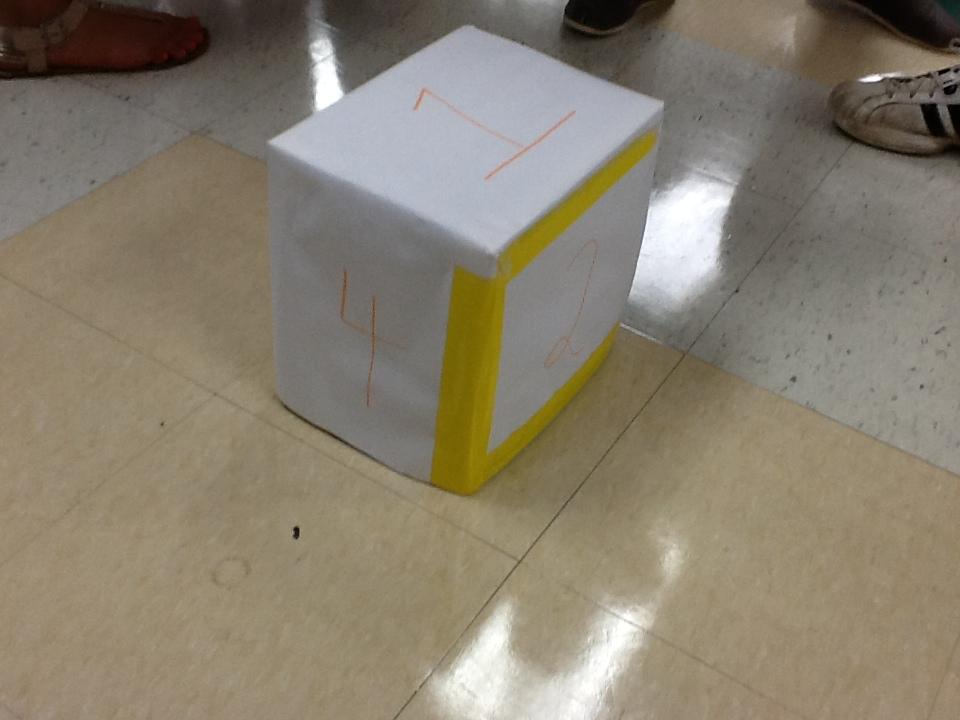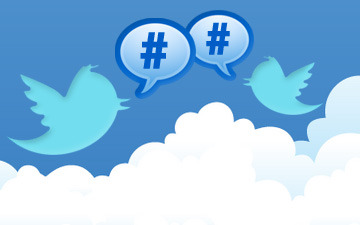Just last weekend, the Detroit Lions and St. Louis Rams opened their NFL season against one another. As the first matchup of the regular season for each team, this game was one that garnered a lot of attention--for a number of reasons. One of those reasons had to do with who was on the sidelines. Jim Schwartz, head coach of the Lions, and Jeff Fisher, head coach of the Rams, not only used to work together in Tennessee, but Fisher
before he came to the Lions. It's not very often that these two teams meet, which added to the excitement of the matchup between these two coaches, but learning a little about the background of the coaches' relationship sheds light on why this game was as hyped as it was for both Schwartz and Fisher. Fisher mentored Schwartz and helped him develop in his role as he rose in the ranks to where he is today. Transforming from a student of Fisher's, Schwartz is now a coaching colleague of his on a competing team, but Schwartz didn't try explicitly to make this game about their relationship and history; it was about football.
The game itself, as the Lions season always seems to start seasons, had
plenty of suspense, excitement and concern; however, as I watched this game and followed the news story surrounding the coaching matchup of "student vs. teacher," I couldn't help but reflect a little on my own career as an educator and how mentors & teachers have helped make me into the successful professional I have become. It's no surprise, even to the those who were least fond of school, that there was something to learn from every teacher you have ever had. For me, I wasn't always the best academic student in high school, but I had great experiences with and really learned a lot from my teachers. I looked up to all of them and saw the rapport in the classroom as more than just a transmission of facts about a subject matter. It was role modeling, mentoring, coaching, and leading all in one.
Some of the lessons that I learned from my teachers in school didn't crystalize until much later in life, but I can name something that I learned from every one of them. Now, being a high school teacher myself, and having the privilege to work at my alma mater with some of those same teachers who I looked up to for so long, I really see a lot of the influence that they had on me--it comes out in my teaching and how I think about teaching.
I can relate a lot with Jim Schwartz, as he regards Jeff Fisher, because he owes a lot to Fisher for helping him to become as successful as he is. The game was not an opportunity just for a team to win against another team, it was an opportunity to put all the skills, which a teacher passed on to a student, to use; it was a chance to impress the mentor and pay homage to that mentorship. I'd imagine it was a bit nerve-racking for Jim Schwartz, though he categorically downplayed the situation.
I remember when I first was considering education as my profession. In trying to answer what I thought was a calling to a profession other than medicine, my first instinct was to connect with some of my former high school teachers. That's exactly what I did. I contacted them and went to do classroom observations. What I saw on those observations looked to me, as one of my
mentors typically puts it, "exactly the same, just different" as what I remembered as a student. Some of the things I was observing looked familiar. But as an adult with a few more global experiences under my belt, what they were doing in their classrooms was so much
more impressive than it even was before. I had an intuitive sense during those observations, but still a persistent curiosity, about why they were doing what they were doing. Some of it came out in conversations after classes and really sparked my interest more. It really helped me want to be a teacher to see my former teachers teach. So, that's when I decided to answer my calling and pursue teaching.
Though they all made it look easy, I learned quickly that it is quite far from easy; in fact, it's about as easy as mastering a foreign language. I took as much away from my education and training to become a science teacher as I could; I learned as much as I could from colleagues in my first two teaching jobs before arriving back at my high school to refine and hone my skills. Never would I have said that I thought I was good enough to be part of that same staff of all-star teachers that I learned from, but when the stars aligned and I had the offer to work there, I turned down the multiple other offers I had for teaching positions to accept the chance to work with those educators at my alma mater. I was honored to work at the same building where I once walked the halls as a student, but moreover the honor came from the chance to work with some of that same staff.
I'd imagine that, in a way, the Jim Schwartz and Jeff Fisher coaching matchup has a lot to remind me of what I am grateful for in my career. The mentors I had who taught me math, science, literature, and language, among other subjects, were now my colleagues. I remember how nervous I was coming into the building to teach there at first. My excitement was hardly containable though it was conflated with a familiar eagerness to do my best. The stakes however, were different for me, and could not be downplayed in my mind, like Schwartz claimed they could for him. I was now constantly measuring my teaching up against those who I regarded as the best. I wanted to do my best for myself and for my students; however, I really set a high bar for myself to do a great job, which I wanted to reach, in order to show those former teachers (now colleagues) what a great job they did in teaching me.
As I read up and watched the Fisher-Schwartz matchup, I thought about how this is not the first time two coaches went head to head under such circumstances; in fact, it happens often with players and coaches in many sports leagues. I did wonder about all the feelings of humility, respect, gratitude and eagerness that the two coaches must have had toward playing against each other. Although teachers are most certainly not 'playing against one another' in education, teachers and coaches are all 'playing' on the same level, as colleagues. Along with playing on the same level, especially when coaches (or teachers) were on different levels prior, come some expectations placed on everyone involved (both intrinsic and extrinsic) related to the transition period into the new relationship. They may give rise to various perceptions and yet more expectations, but they are natural to any shift in relationship status.

In the first head-to-head meeting that would explicitly define their new relationship, Schwartz likely had something to prove to Fisher in this matchup. Primarily, I believe Schwartz sought to demonstrate that he had become the coach Fisher believed he could be. That's a tough expectation to meet, regardless of from where it comes, and yet it could foster sentiments that might be a bit intimidating at times. I think about this every time I have to get up and speak in front of my colleagues. Today, for example, I had to address the entire staff to present a new professional learning community idea, and it never seems to get any easier on the inside for me. As long as there are people in the room who I continue to look up to, I try to stand up fully emerged as Gary the educator, but in my mind I'm still transitioning from Gary the student. What typically runs through my mind is I'm thinking, "Gary, you owe it to these educators to be awesome, because they believed in you and helped you be awesome."
Perhaps a part of that sentiment will always remain with me, because, like Jim Schwartz, I have always had high regard for my teachers, but maybe now that they are colleagues that sentiment will continue to help me to always strive to be better. I have participated in teacher rounds and watched some of my colleagues teach. I took something away from all of them as a professional now, just as I did as a student then. I have also been on collaborative teams with them, seeking to do what will best help our students. Most importantly though, the sentiment of always wanting live up to my education role models pushes me to be reflective of what I can do differently and better. With such talent surrounding me in my building, I feel like an Olympic athlete placed in the midst of the best talent of their event, and that both brings nerves and a desire to impress.
I'm sure that Schwartz felt some of this sentiment too, on Sunday, as he acknowledged that he was fortunate to have teachers to learn from like Fisher, but would play his team's best football to compete against Fisher's team. All in all, the game was played on the field and what happened on the sidelines is only secondary to the game, but like Schwartz we need to acknowledge our past for where we came from and who helped guide us along the way. Regardless of who the coaches are, maybe the take away from this game is not that the student reached the level of the teacher, but that the student reached that level because of the teacher. And, maybe that's a good enough reason why Jim Schwartz downplayed the matchup.




